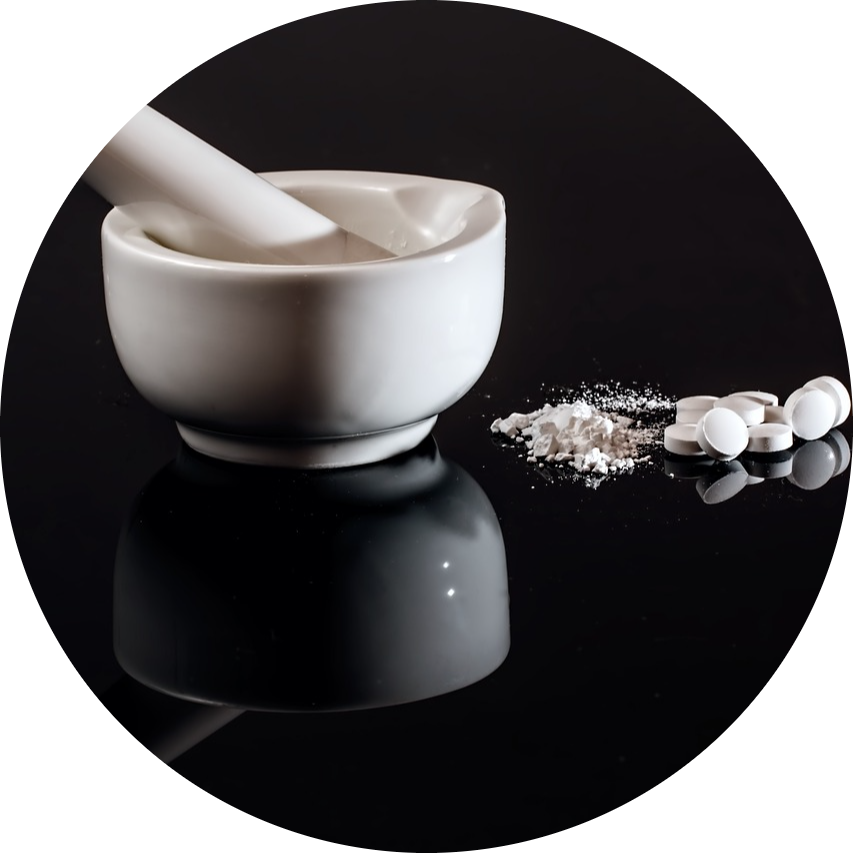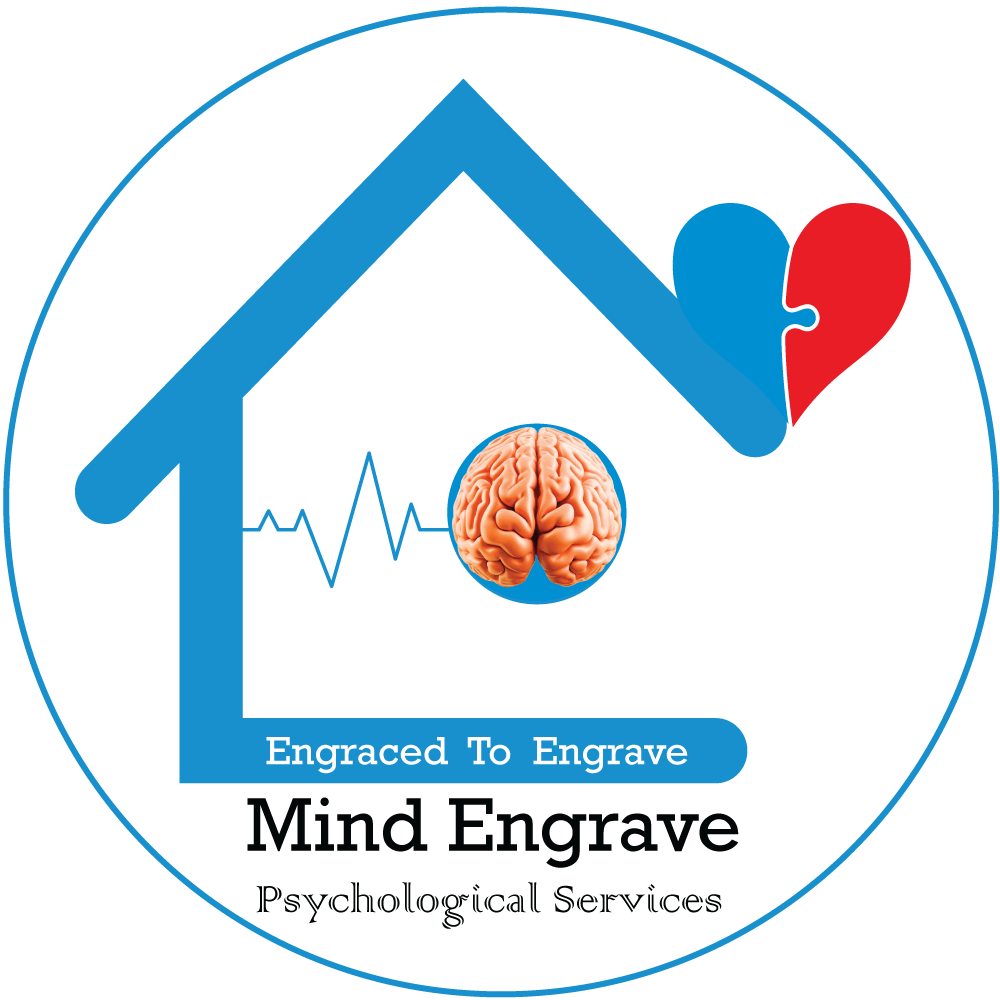What Is Drug Addiction?

The development of Drug Use Disorder is influenced by various factors, including Genetic predisposition, Environmental influences, and Neurobiological factors. Exposure to drugs, particularly during vulnerable periods of life, can increase the risk. Psychological factors such as stress, trauma, and mental health disorders can also play a role.
Drug Use Disorder can have severe and wide-ranging effects on an individual’s life. These include, (1) Physical Health – liver disease, respiratory issues, and infectious diseases, (2) Mental Health, (3) Relationships – Strained or broken relationships with family and friends, (3) Legal Issues, (4) Financial Problems, (5) Isolation – Social withdrawal & isolation from non-drug-using peers, and (6) Overdose.
Treatment for Drug Use Disorder is complex and multifaceted, often involving a combination of approaches. These include, (1) Medically supervised Detoxification, (2) Behavioral Therapies – Cognitive Behavioral Therapy, contingency management, motivational enhancement therapy, (3) Medication-Assisted Treatment (MAT), (4) Support Groups, (5) Counseling, and (6) Relapse Prevention.
Addiction Services
Related Articles
Quick Links
Social Handles & Channels
Subscribe to our various channels – YouTube, Whatsapp, & Telegram, to further stimulate your knowledge towards enhancing your mental well-being and life adjustments.
Other Services
Clients Testimonials
Frequently Ask Questions
The cost of drug use disorder treatment varies widely based on factors such as the type of treatment, the duration of the program, and whether it’s inpatient or outpatient. It’s essential to contact treatment facilities directly or check with your insurance provider to understand the specific costs and payment options available.
Yes, many treatment centers offer online or telehealth options for drug use disorder treatment. These programs provide therapy, counseling, and support through virtual sessions, making it a convenient and accessible choice for those who prefer or require remote treatment.
The admission process for a rehabilitation center typically involves an initial assessment by a healthcare professional to determine the appropriate level of care. This assessment considers factors like the substance of abuse, medical history, and treatment goals. Once assessed, you’ll receive guidance on the admission process, which may include paperwork, medical evaluations, and insurance verification.
Post-treatment recovery management is crucial for long-term success. It often involves a combination of aftercare programs, ongoing therapy, support groups, and relapse prevention strategies. Many treatment centers offer comprehensive post-treatment plans to help individuals maintain their sobriety and rebuild their lives.
Physical rehabilitation services, which may include physical therapy, exercise programs, and wellness initiatives, can play a vital role in recovery from drug use disorder. These services help individuals regain physical health and well-being, often addressing issues that may have arisen during active addiction.
Some treatment providers offer home-based services, allowing individuals to receive treatment in the comfort of their own homes. These programs are often tailored to the specific needs and circumstances of the individual and can be particularly helpful for those who require a more flexible treatment approach.
Drug use disorder treatment often includes a variety of evidence-based therapies such as cognitive-behavioral therapy (CBT), dialectical-behavior therapy (DBT), motivational enhancement therapy (MET), and contingency management. The specific therapies used depend on the individual’s needs and the treatment center’s approach.






